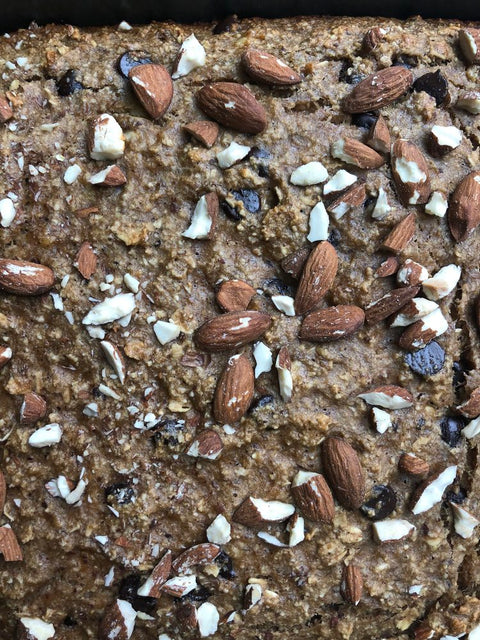Everyone knows that sleep is important to maintaining a healthy lifestyle, but for many, sleep is not so straightforward. Some find it difficult to fall asleep, while others struggle to stay asleep for any length of time. Over time, sleeplessness can take a heavy toll on the body, affecting everything from our capacity to recall memories to our ability to fight infection. If you’re looking for ways to improve your overall health and well-being, sleep is a great place to start. In addition to feeling rested and reinvigorated, check out these 7 surprising benefits of sleep.
1. SLEEP IMPROVES HEART HEALTH
One of the secrets to maintaining a healthy heart is getting an adequate amount of sleep. Individuals who consistently get proper sleep are less likely to suffer from a heart attack, stroke, or other heart diseases like high blood pressure. A balanced sleep schedule helps to reduce inflammation of the cardiovascular system that can stem from stress, an unhealthy diet, or a number of other factors.
2. SLEEP HELPS TO REDUCE STRESS
Believe it or not, stress is one of the greatest threats to our bodies. When we’re sleep deprived, our body launches into a state of stress. This can cause your blood pressure to spike and stress hormones like cortisol to be released. Not only does this increase your risk of heart attack and stroke, it also makes it more difficult to fall asleep, making the cycle of sleeplessness seem impossible to break.
3. SLEEP SHARPENS YOUR MEMORY
Most of us don’t realize it, but when our bodies are resting peacefully, our minds are hard at work processing the day’s events, making connections, and storing memories. This memory consolidation takes place during periods of deep sleep, and is crucial for our brain to adequately examine and retain information. If your memory’s been feeling a little foggy, try getting a few nights of decent rest and you’ll find yourself feeling refreshed and renewed.
4. SLEEP REDUCES RISK OF DEPRESSION
A lack of sleep has been linked to serious mood disorders such as depression and anxiety. Inadequate sleep disrupts the brain’s balance of neurochemicals like dopamine and serotonin, which help regulate our moods. People with common sleep disorders such as insomnia report higher levels of depression, according to several studies. While there are some genetic factors that determine a person’s risk for depression, getting proper sleep plays a significant role. If you know you’re at a higher risk for depressive disorders, you can practice early prevention by making sleep a priority.
5. SLEEP COMBATS ILLNESS & INFECTION
When our bodies are running on empty, our immune system doesn’t have the fuel it needs to fight off infections. This is why people who sleep less tend to get sick more often. Some studies have even linked a lack of sleep to certain types of cancer. To ensure that your immune cells are working their hardest to keep you healthy, try getting at least 7 hours of sleep a night. A steady sleep schedule will also help you kick a cold or fight the flu much quicker!
6. SLEEP MAKES YOU SMARTER
If you’re running low on sleep, you probably notice yourself struggling to focus and learn new information. Getting a good night’s sleep can dramatically increase concentration, cognition, and productivity. In other words, sleep can make you smarter! Students and professionals alike can benefit from a good night’s sleep, especially when they’re anticipating an important exam or business presentation.
7. SLEEP HELPS YOU LOSE WEIGHT
Have you struggled with losing weight? Then it may be time to reevaluate your sleeping habits. Without a fair amount of sleep, your brain may struggle to synthesize the hormones that regulate appetite—leptin and ghrelin. These hormones are necessary to help curve cravings for unhealthy foods. When our sleep is sparse or disrupted, the more likely we are to binge on high-calorie snacks that hinder our weight loss goals.
Are you having a tough time getting enough Z’s at night? The best ways to improve your sleep is to incorporate exercise into your daily routine and ensure you’re eating a proper diet. Exercise helps your body fall asleep faster, and stay asleep longer, improving your overall health from the inside out. Proper nutrition also plays a major role in your sleep patterns. Enjoy a light, healthy meal before bed in order to prevent any interruptions during the night, like indigestion or heartburn. It’s really quite simple; the better you sleep, the better you feel. Give your body the rest you deserve in order to wake up and feel energized enough to conquer the day ahead.
By: Sarah Dickey



